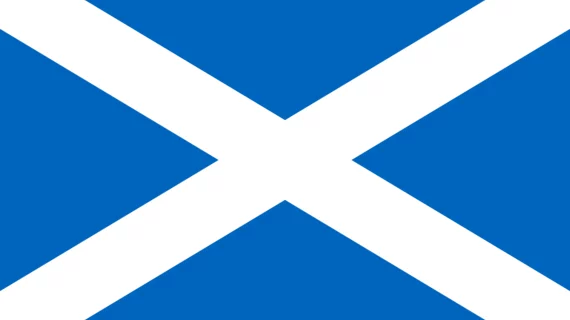Radiology treatment in Scotland ‘a postcode lottery’ after global recruitment drive fails
An initiative to boost Scotland’s radiologist count by at least 10 percent in the midst of a national shortage “has failed,” The Herald Scotland reported, leaving cancer patients across the country without access to potentially life-saving treatments.
Radiology services in Scotland are “crumbling,” Grant Baxter, MD, chair of the Scottish Standing Committee of the Royal College of Radiologists, told the Herald. He said that, despite a months-long effort to bring 32 new consultant radiologists to Scotland through targeted advertising in Europe, the U.S., Australia, India and Canada, few qualified candidates have emerged.
“Waiting times continually increase, largely due to imaging backlogs,” he said. “Cancers go undiagnosed, patients cannot be treated as their scans are not reported on time, patients’ anxiety and worry over pending scan reports can last for weeks and months, and it goes on.”
Baxter said Scotland’s healthcare system needs at least 25 additional radiology trainees per year, and that the government should focus on recruiting junior doctors within the country who have previously expressed interest in the specialty. The ten additional posts NHS Scotland is funding for this year will boost the annual intake to 34 radiologists, but that will “barely cover expected retirements, never mind the posts currently sitting empty,” Baxter said.
“Life-saving interventional radiology procedures, cancer treatments and palliative cancer procedures almost function on a postcode lottery due to lack of imaging experts,” he said.
Read the Herald’s full report at the link below.

